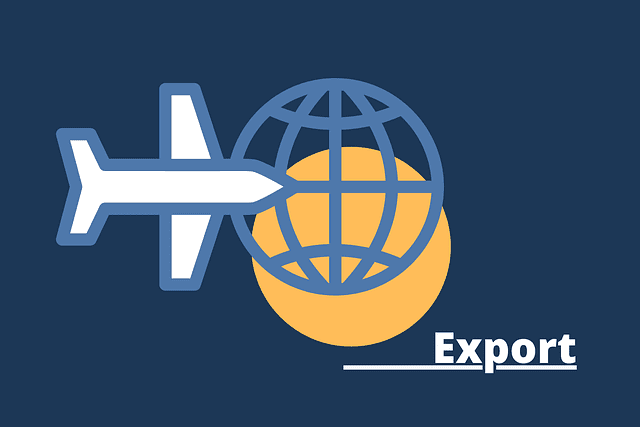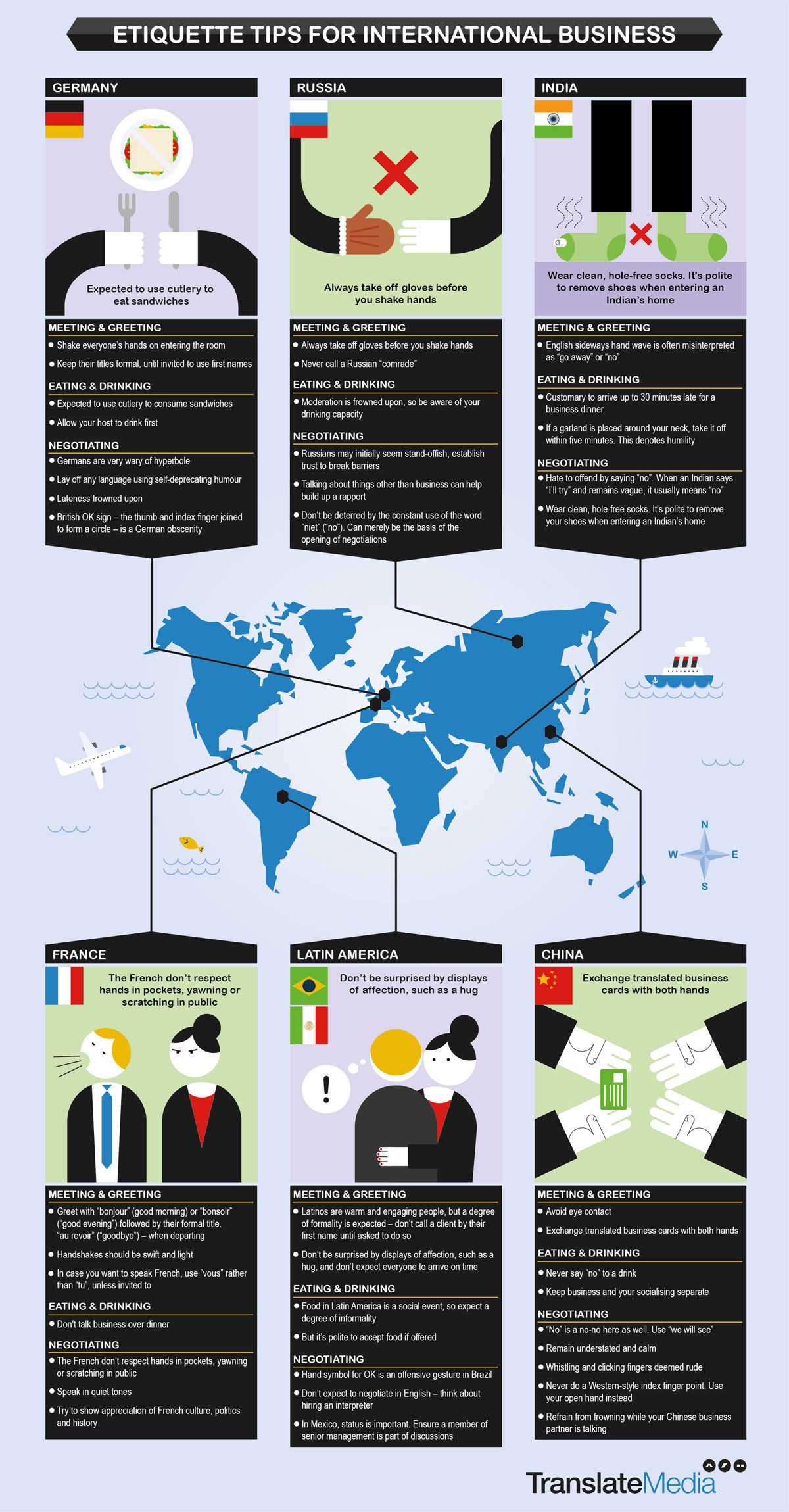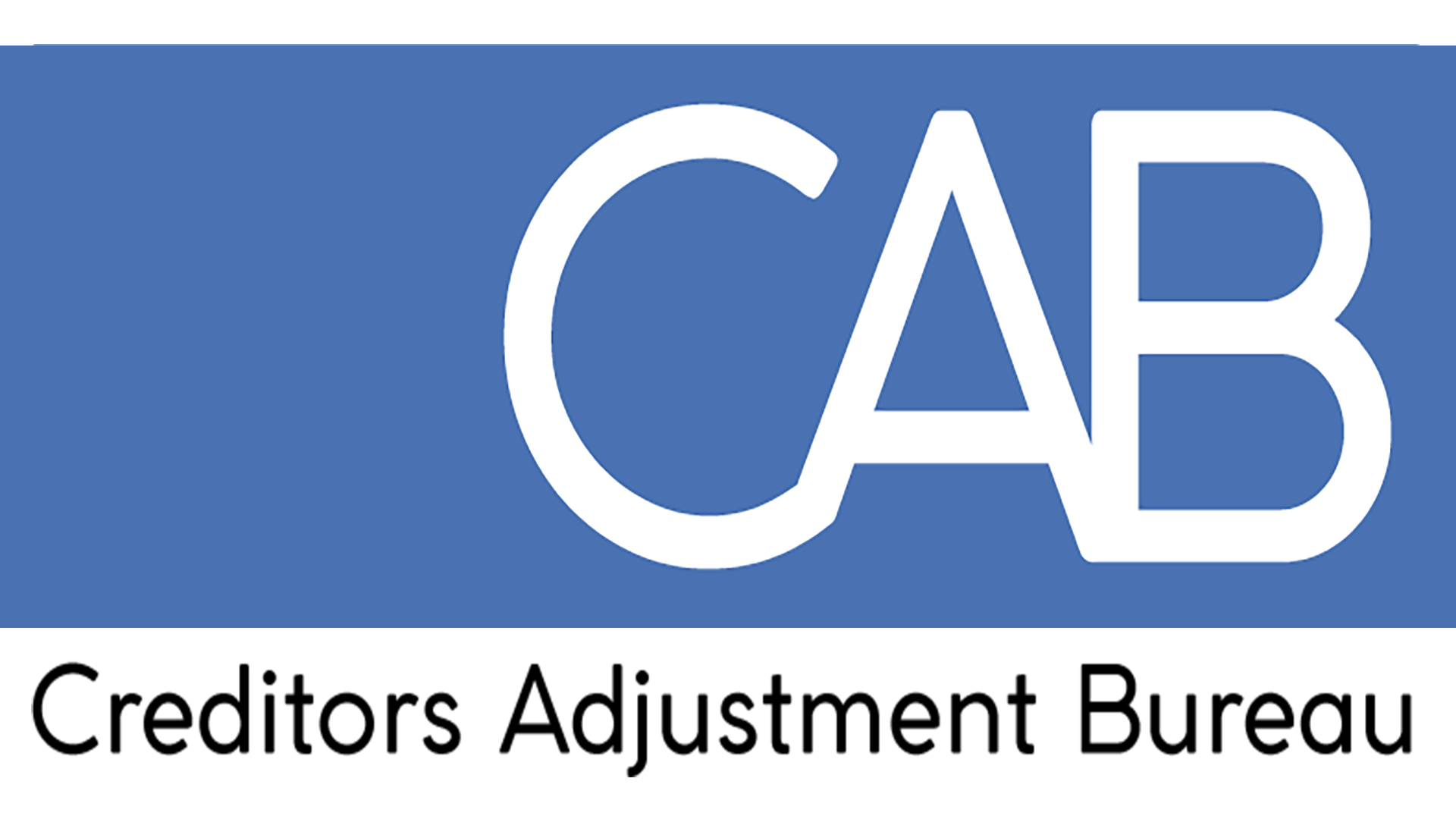What to Do When Your Foreign Customer
Fails to Pay
Collecting debts from domestic customers is tough enough, but trying to collect from an international client is a whole other ball game.
Not only must you overcome the language barrier, but business culture issues can result in serious miscommunication with your debtor. That’s why prudent business owners retain a collection partner who specializes in international B2B debt recovery.
Three Phases of International Collections
The cross-border debt collection process for commercial debtors can be separated into three distinct phases: Pre-legal, judicial, and enforcement.
The Pre-Legal Phase
Pre-legal is the most amicable phase of debt collection when a creditor or a collector works to persuade the client to pay the debt without resorting to legal action. During this phase, a third-party collector will access foreign databases to track down the company’s corporate officers, registered agents, or personal guarantors.

America’s Trading Partners
Canada, Mexico, and China are America’s largest trading partners, representing about 41% of all U.S. trade. In 2021, exports to those three countries alone amounted to more than $735 billion.
Here’s a list of the 10 countries that trade most often with the United States and monetary figures for total exports in billions of dollars:
- Canada — $307.6
- Mexico — $276.5
- China — $151.1
- Japan — $75.0
- South Korea — $65.8
- Germany — $65.2
- United Kingdom — $62.5
- India — $40.1
- Taiwan — $36.9
- Vietnam — $10.9
Source: Visual Capitalist
Once the party responsible for the debt has been located, the collector will contact the individual in his native language by telephone and in writing.
The collector informs the debtor about the claim and advises him that the creditor may pursue legal action if he fails to pay. In many cases, this contact is all that is necessary to induce payment.
The Judicial Phase
If the collector fails to recover the commercial debt during the pre-legal phase, the creditor may initiate legal action. The lawsuit is often filed in the country where the debtor business is located. (The exception occurs when the business contract stipulates that disputes be handled in U.S. courts.)
For uncontested claims, many countries follow a simplified court procedure known as a “Payment Order.” This process is cheaper and faster than a standard judicial procedure, and it significantly reduces the workload for national courts.
Contested claims, on the other hand, can take months (or even years) before the court renders a judgment. (Service of process alone can take anywhere from nine months to two years in China and a few other countries.) In addition, because debt collection regulations, legal system procedures, and customary business practices differ from country to country, international lawsuits are much more time-consuming than domestic cases.
Enforcing International Judgments
If the responsible party fails to pay after judgment, the next step is to apply for enforcement.
Each country has its own enforcement authority for recovering assets from debtors who fail to pay willingly. These authorities can only enforce judgments rendered within their own countries. Before applying for enforcement, the creditor or collector must receive an enforcement order from the country which issued the judgment.
–Article Continues Below–
(Hover over image for magnification.)

To successfully enforce an international collection judgment, the debtor must reside in a country with valid international agreements (such as the Lugano Convention and Brussels I Regulation in Europe). Fortunately, many countries are governed by such contracts to encourage cross-border interactions and trade.
International Debt Collection Laws
There are no international laws governing debt recovery. All international claims depend on the individual country’s collection laws, treaty obligations, and customary procedures. Rules and legislation that apply to amicable debt collection are always regulated at a national level.

Obstacles to Cross-Border Debt Recovery
International debt recovery is not for amateurs. Common obstacles to successful collection include:
- Complex, multijurisdictional sets of facts
- Conflicting laws governing information access
- Bank, fiduciary, and secrecy laws
- Conflicting laws regarding “legal fictions”
- Differing trust laws
- Requires experience and ample time
Source: American Bar Association
For commercial collection, the laws of the debtor’s home country would apply, and authorization for third-party collection is almost always required. In addition, most countries maintain consumer protection laws regulating debt collection, similar to our Fair Debt Collection Practices Act (FDCPA).
At CAB
Attempting to recover international business debt without an experienced collection partner is expensive, time-consuming, and (most likely) unproductive. The international collection team at CAB has the lingual, cultural, and legal expertise creditors need when seeking to recover debts incurred by foreign entities.
We begin with the pre-legal phase and will only initiate legal action (with the creditor’s approval) if pre-legal efforts are unsuccessful. We then determine the feasibility of legal proceedings by thoroughly investigating the debtor’s financial situation and the legal system in the debtor’s home country.
The CAB professionals have been helping creditors recover international B2B debt since 1954. We can help you, too. Contact us.
Sources:
Featured Images: Adobe, License Granted
Legal Language Services
European Justice
China Justice Observer

